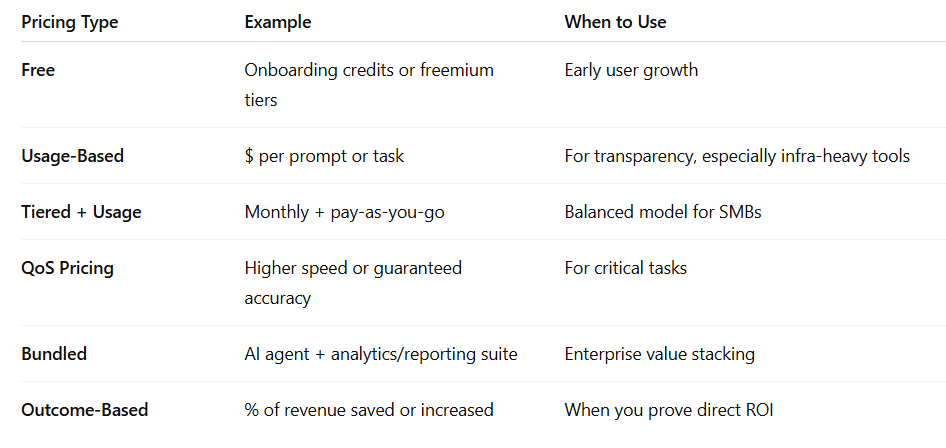How API Integration is Revolutionizing Sports Betting Software Development
One of the most transformative elements in this tech stack is API integration—a key driver in shaping the future of sports betting software development.

In the fast-evolving world of online betting, delivering real-time data, accurate odds, and an engaging user experience is no longer optional—it’s essential. With global betting volumes surging and user expectations at an all-time high, the backbone of every competitive platform lies in its technology infrastructure. One of the most transformative elements in this tech stack is API integration—a key driver in shaping the future of sports betting software development.
The Growing Demand for Real-Time Betting Experiences
Today’s bettors demand immediacy. Whether placing a live wager during a football match or checking odds before a tennis set begins, they expect seamless, real-time updates. Without live data flowing instantly and accurately, betting platforms risk losing users to more agile competitors.
This is where API integration in betting becomes a game-changer. APIs (Application Programming Interfaces) serve as bridges between different software systems, enabling seamless data exchange in real time. They allow sportsbooks to fetch live scores, display up-to-the-minute odds, and process bets within milliseconds.
Understanding API Integration in Betting Platforms
In the context of sports betting, APIs connect your software with external data sources—such as odds providers, sports data feeds, payment gateways, user analytics tools, and more. These integrations allow developers to focus on delivering rich user experiences without reinventing the wheel for every component.
For instance:
-
Odds APIs provide live odds and lines from various bookmakers.
-
Score APIs update ongoing match statistics instantly.
-
Payment APIs enable quick and secure transactions.
-
Authentication APIs help manage user identity and security.
These components are the backbone of any betting system and are essential to creating a high-performance platform.
Why API Integration Matters in Sports Betting Software Development
When building or scaling a betting platform, the benefits of leveraging APIs go far beyond convenience. Let’s explore some of the major advantages:
1. Speed to Market
APIs dramatically reduce development time. Instead of building complex systems for odds generation, score updates, or KYC verification from scratch, developers can integrate proven third-party services. This accelerates the overall sports betting software development timeline and helps companies get to market faster.
2. Real-Time Accuracy
In betting, timing is everything. A delay of even a few seconds in odds updates or match stats can lead to financial losses and erode user trust. APIs ensure real-time data synchronization, giving platforms the edge they need in live betting environments.
3. Scalability
APIs allow your platform to scale easily. Whether you're adding new sports, markets, or features, API integrations make it possible to plug in new functionalities without disrupting your existing system. This modularity is critical for platforms looking to grow rapidly.
4. Enhanced User Experience
A betting platform is only as good as its UX. APIs contribute to smoother navigation, faster updates, personalized content, and seamless payment flows. These factors collectively improve retention and encourage repeat engagement.
5. Regulatory Compliance
Many regions require strict compliance with local gambling laws. APIs that handle KYC, anti-fraud checks, and geo-verification help platforms stay within legal boundaries while still offering a seamless user journey.
Key API Integrations for Sports Betting Platforms
To better understand the impact of API integration in betting, it helps to look at the key API types commonly used in this space:
• Odds and Market APIs
These provide current odds, betting markets, and changes in real time from bookmakers or odds aggregators. They are essential for both pre-match and in-play betting.
• Sports Data APIs
These deliver real-time statistics like scores, player performance, match timelines, injuries, and more—keeping users informed and engaged.
• Payment APIs
Handling deposits, withdrawals, and payment verification, these APIs ensure secure and smooth financial transactions for bettors.
• Authentication and KYC APIs
These manage account creation, login security, age verification, and regulatory compliance, reducing manual work for the platform.
• Notification and Messaging APIs
These APIs allow platforms to send push notifications, alerts, and in-app messages to users based on betting activity or match events.
The Role of Sports Betting Software Development Companies
For businesses entering the betting industry or looking to upgrade their existing platforms, working with an experienced sports betting software development partner can make all the difference. These companies understand how to architect systems that integrate APIs efficiently and maintain high performance even under heavy user load.
They bring expertise in:
-
Optimizing backend performance for high-traffic events
-
Ensuring APIs are fault-tolerant and secure
-
Creating user-friendly interfaces that leverage data from integrated APIs
-
Managing compliance across jurisdictions
Challenges of API Integration in Betting
Despite the benefits, integrating APIs into a betting platform isn’t always straightforward. Some of the common challenges include:
-
Data Latency: Ensuring data arrives in milliseconds, especially during live events.
-
Vendor Dependence: Relying on third-party APIs means dealing with their downtime or updates.
-
Security Risks: Improperly implemented APIs can expose sensitive user or transactional data.
-
Compatibility Issues: Ensuring smooth communication between APIs and your existing systems can require custom workarounds.
A well-rounded development team with experience in sports betting software development will anticipate and resolve these challenges proactively.
Best Practices for Successful API Integration
To ensure a seamless API integration process, follow these industry best practices:
-
Choose Reliable API Providers: Only work with vendors known for uptime, accuracy, and comprehensive documentation.
-
Prioritize Security: Use encryption and token-based authentication to protect user data.
-
Design for Redundancy: Have fallback mechanisms in place if an API provider goes down.
-
Use Caching Smartly: For non-real-time data, use caching to reduce API call volume and improve speed.
-
Monitor Continuously: Set up performance and error monitoring to catch integration issues early.
Conclusion: The Future is API-Driven
The sports betting industry is becoming increasingly technology-centric, and API-driven development is at the heart of this transformation. Platforms that leverage smart API integration in betting not only meet modern user expectations but also gain a competitive edge in speed, scalability, and innovation.
As more players enter the market and the demand for personalized, real-time experiences grows, the need for advanced sports betting software development—built around robust API infrastructures—will only intensify.



































































![https //g.co/recover for help [1-866-719-1006]](https://newsquo.com/uploads/images/202506/image_430x256_684949454da3e.jpg)






















![How Smart PMs Scale Their Careers in Any Org [TPG Live Recap]](https://tpgblog.com/wp-content/uploads/2025/06/2025-06-12-thumbnail-action.png?#)

















































